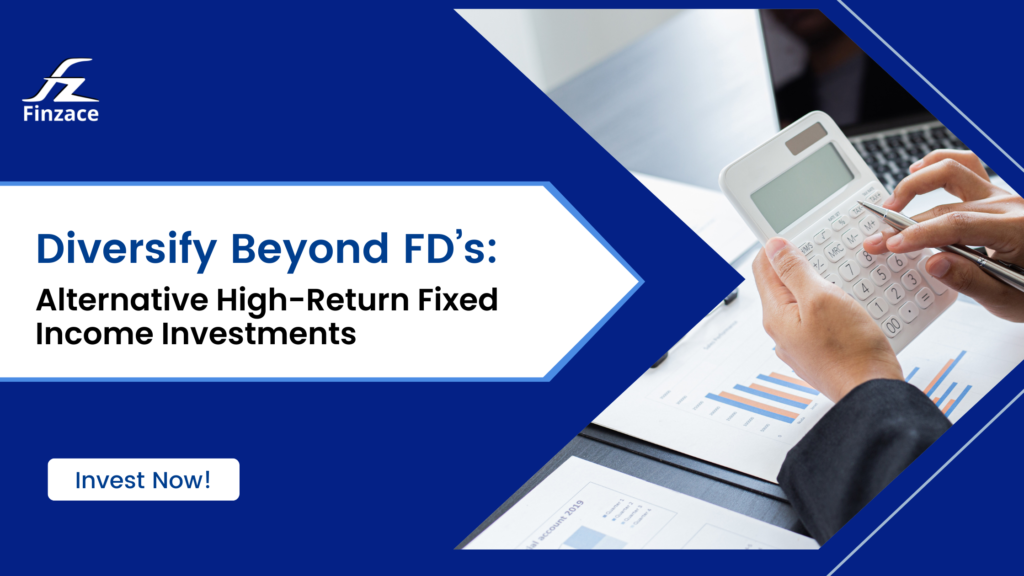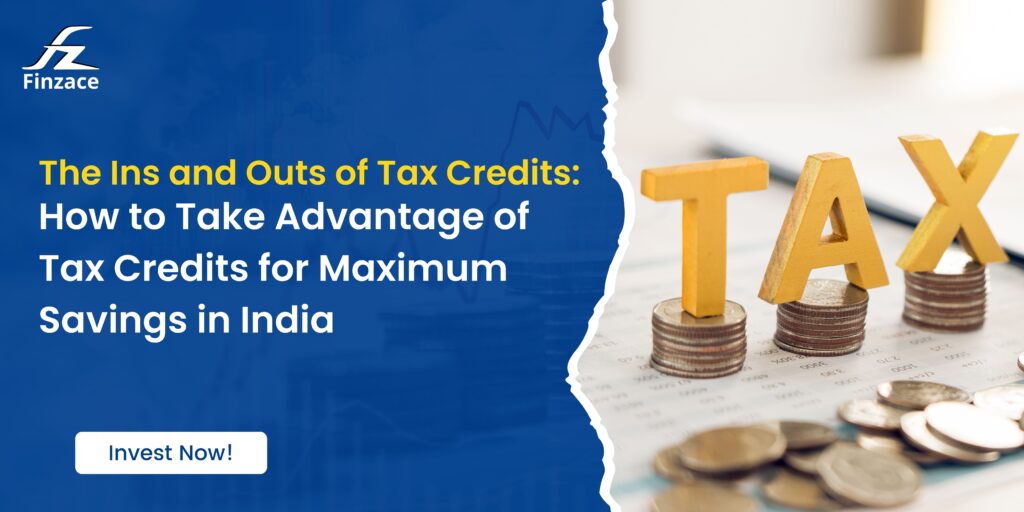Assessing Risk in NCD Investments: Understanding Credit Ratings and Due Diligence
Investing in Non-Convertible Debentures (NCDs) can be an attractive option for those seeking steady returns and relatively lower risk compared to equity investments. However, like all financial instruments, NCDs come with their own set of risks. To navigate these effectively, investors must grasp the concepts of credit ratings and due diligence. This blog aims to […]
Assessing Risk in NCD Investments: Understanding Credit Ratings and Due Diligence Read More »







